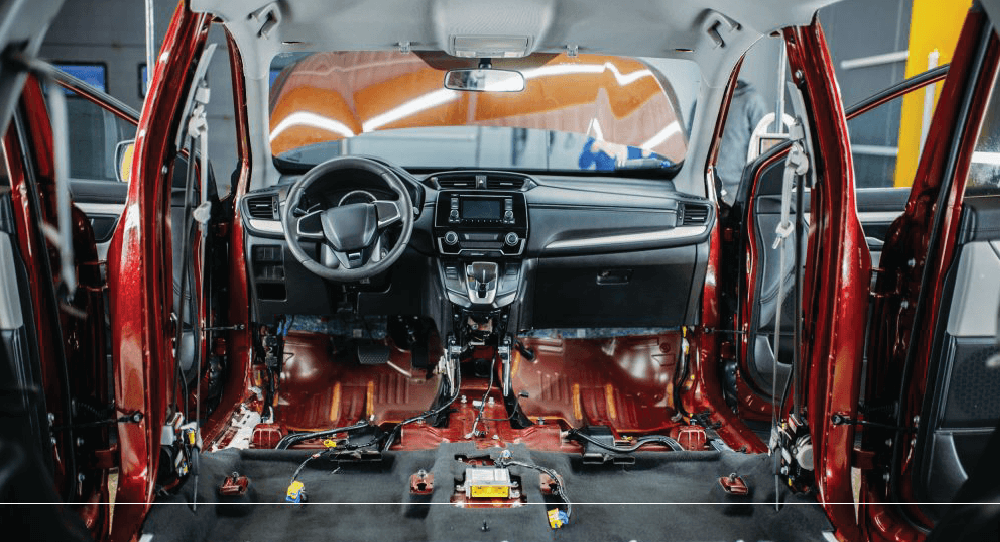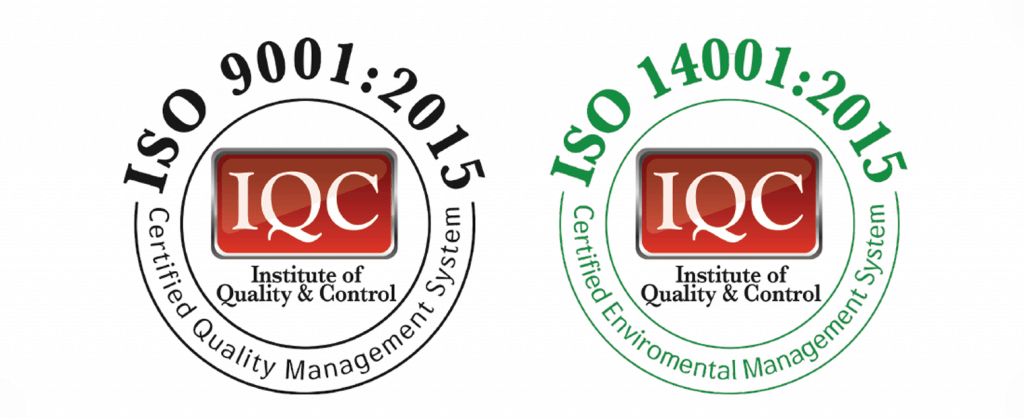Automotive Manufacturing Waste
The average vehicle uses a mix of materials. Steel body frames, rubber tires, glass windows, plastic parts, and metals like copper, zinc, platinum, magnesium, and cobalt are all part of the automotive manufacturing process.
In recent years, the makeup of vehicles has changed significantly, with the concentration of metals declining considerably. When designing new vehicles, manufacturers are now opting for lighter and more-fuel efficient materials such as aluminum and plastics. Because they’re corrosion-resistant, cheaper, and lightweight, the percentage of plastics in automobiles has notably increased. Cost and energy-efficient, plastics and plastic composite materials are lauded for their ability to be readily molded into various products that can be used in a wide range of applications.
Zero Waste Manufacturing
A zero waste philosophy is grounded in adopting and implementing strategies, resources, and innovative tools that completely eliminate waste. Zero waste manufacturing facilities are beneficial for the environment, the economy, and the communities they’re located in. While most everyone agrees it’s impossible to be entirely free from waste, zero waste disposal as an automotive industry goal has clear economic, social, and environmental benefits that make it worth striving for.
For instance, it’s been 15 years since a Flint-based General Motors factory in the U.S. has sent anything to a dump. The plant has achieved what is called a “zero-waste to landfill” designation, as has more than 150 of its factories and offices worldwide. Ford, too, has over 80 zero-waste facilities around the world, and Toyota claims to reuse or recycle 96 percent of its unregulated waste in its North American plants.
Automotive Sustainability
What is meant by sustainability in the automotive industry? It covers everything from R&D and engineering to supply chains and supporting a circular economy. And while sustainability has been on the industry’s agenda for quite some time, today it’s taken on a new urgency and importance. That’s because in recent years there’s been a growing public awareness and concern about sustainability in the car and truck industry.
For instance, about 80 percent of a vehicle is now recyclable. The remaining 20 percent has typically been sent to landfills. Experts agree reusing and reselling these unrecyclable materials should be a key sustainability goal for manufacturers. With customers demanding environmental and social sustainability from the brands they support, the automotive industry has increasingly moved to adopt sustainable practices that meet those expectations.
This turn towards zero-waste manufacturing is bolstered by the use of materials that can be repeatedly recycled and reused. UBQ™ Material helps automotive manufacturers achieve zero waste technology and meet their sustainability goals. For example, the company has already partnered with vehicle manufacturer Daimler to partially replace traditional plastics materials like polypropylene with UBQ’s climate-positive thermoplastic by early next year.
A Sustainable Future for Automotive
As consumer preference and advanced technologies make sustainability and zero-waste more attainable for the automotive industry, UBQ Material is helping manufacturers meet the challenge head-on. We’re excited to be at the forefront in assisting automotive manufacturers in rethinking and redesigning their manufacturing processes while reducing waste and investing in materials that encourage continuous reuse.
Zero waste in the automotive industry can be realized, but all stakeholders must be involved. UBQ Material is proud to play a role in supporting automotive manufacturers as they become ever more environmentally conscious and work towards achieving their sustainability goals.


